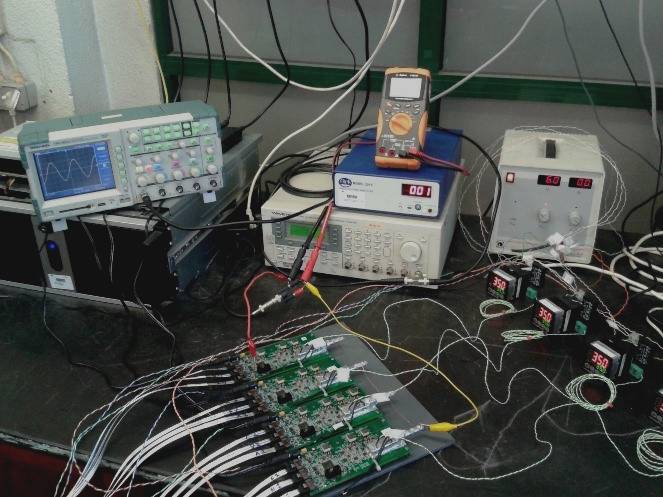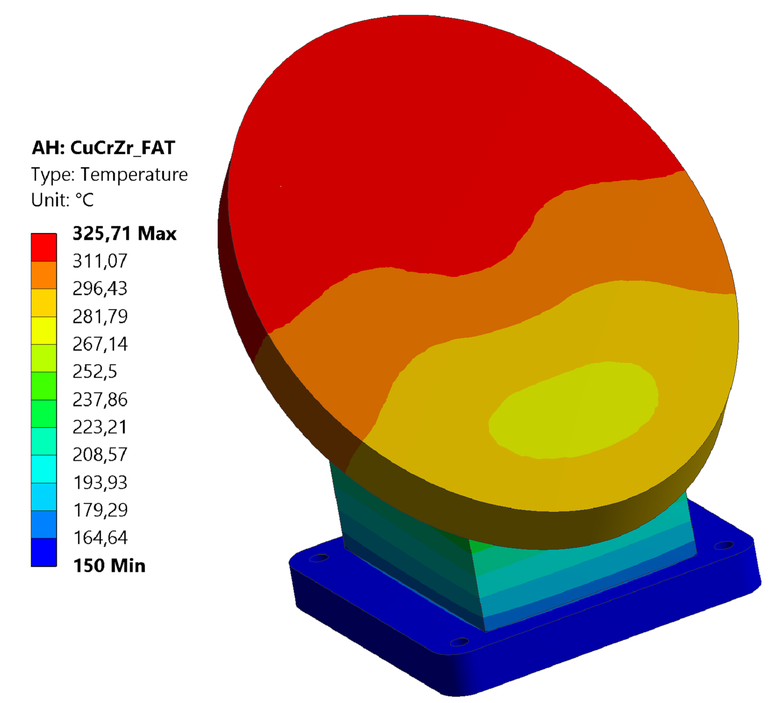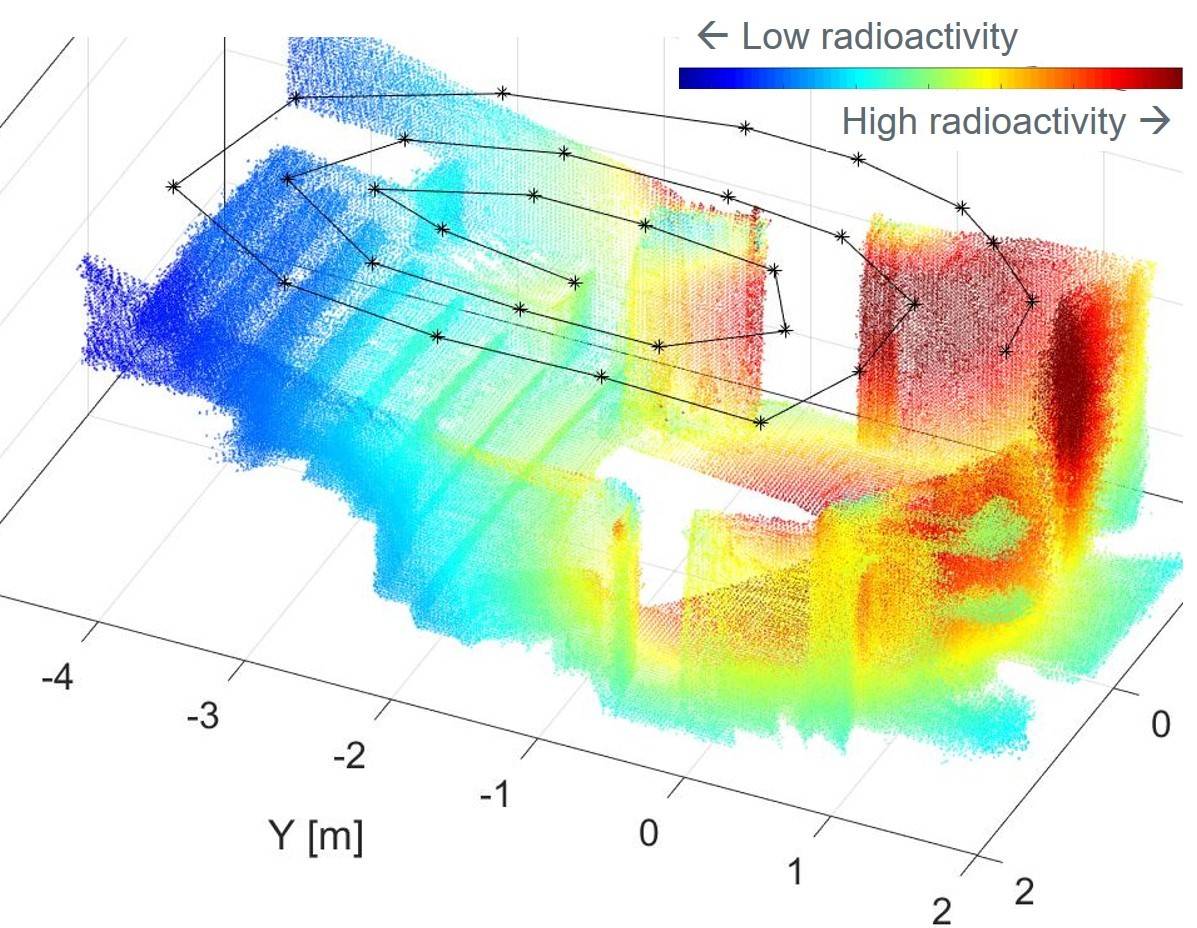-

Group of Engineering and Systems Integration
-
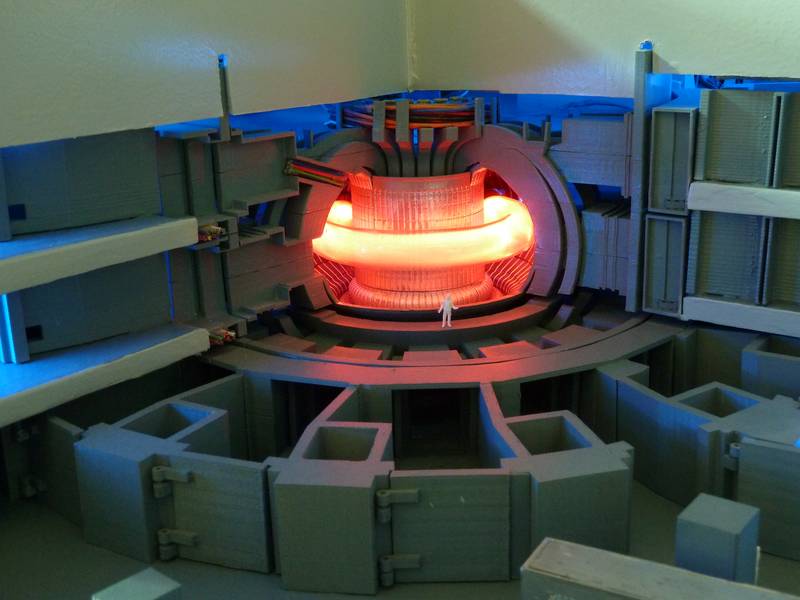
Group of Engineering and Systems Integration
-
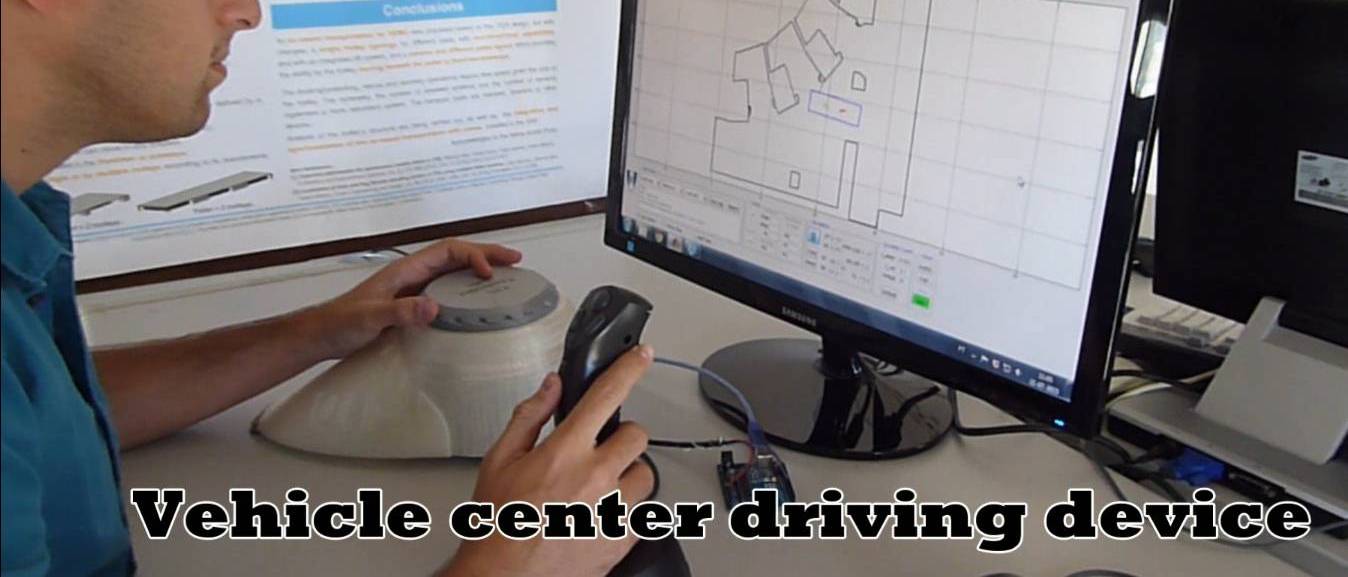
Group of Engineering and Systems Integration
H2020 fusion programme made the transition from pure research to design, construction and operation of future facilities like ITER and DEMO and therefore focus on engineering and integration activities strongly increased. The integration of all engineering activities allows a focused, timely, effective and qualified manner to opportunities for R&D and Innovation activities developed by the EU fusion program.
|
The group of Engineering and Systems Integration has competencies to answer to F4E and ITER calls and other contract opportunities for R&D and Innovation. The research programme is strongly focused on:
- Development of Diagnostics for study of nuclear fusion plasmas (particularly MW diagnostics);
- Numerical methods to simulate diagnostic performance;
- Development of Bespoke and state-of-art Control and Data Acquisition systems for nuclear fusion and large-scale physics experiments including the Development of High Availability, Radiation Tolerant Systems with high throughput characteristics features for steady-state operation scenarios;
- Studies of Remote Handling activities in nuclear fusion environments and assessment of maintenance facilities;
- ITER related project-oriented activities centered around ongoing projects on diagnostics (Plasma Position Reflectometry and Collective Thomson Scattering), control and data acquisition (magnetic integrators development, radial neutron camera) and remote handling (Cask and Plug Remote Handling Systems, cask transfer system);
- Participation in the EU Fusion Programme projects (JET enhancement projects, ASDEX-Upgrade, W7-X stellarator and DEMO design activities);
- Advanced Training of engineers on activities related to nuclear fusion developments aiming at preparing a generation of qualified engineers to work on ITER but also on future fusion related projects (e.g. the demonstration power plant "DEMO").
These activities leverage IPFN competencies and are cross-disciplinary involving the group as a whole. The group fostered the creation of new competencies in the areas of neutronics, thermal-mechanical analysis, fatigue, component engineering design and simulation using CAD, systems integration, Reliability, Availability, Maintainability and Inspectability (RAMI), mobile robotics and signal processing.
|
|
